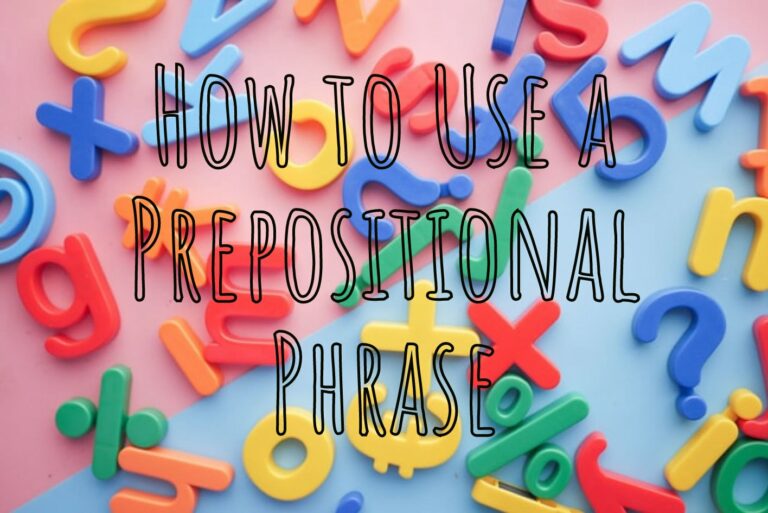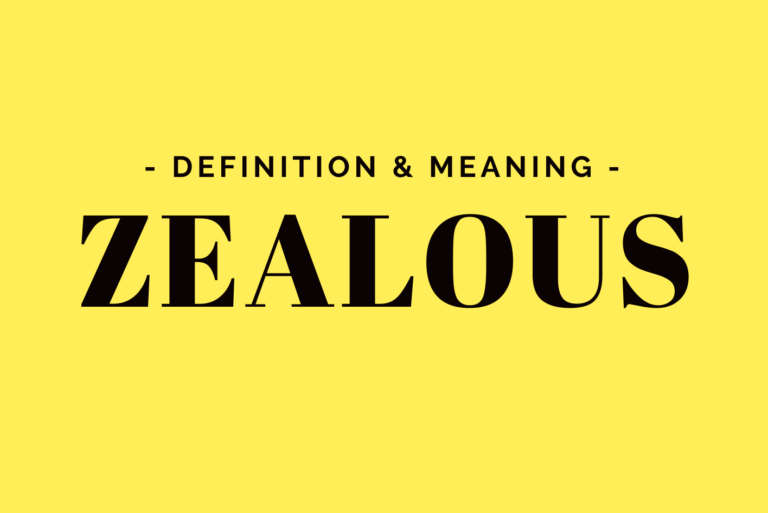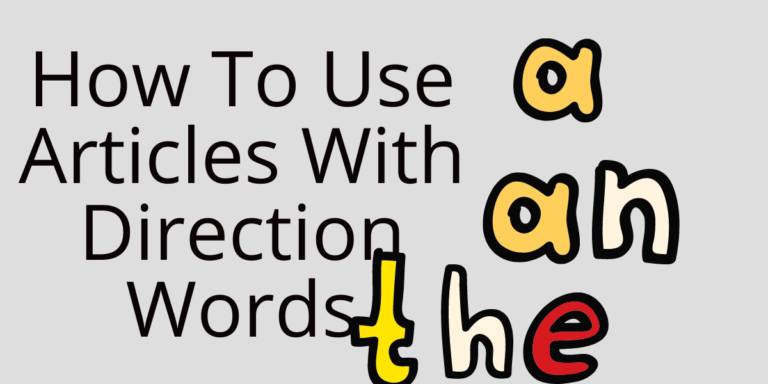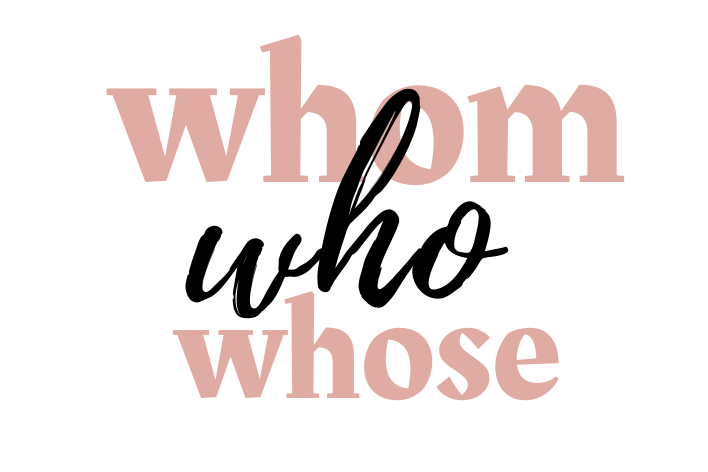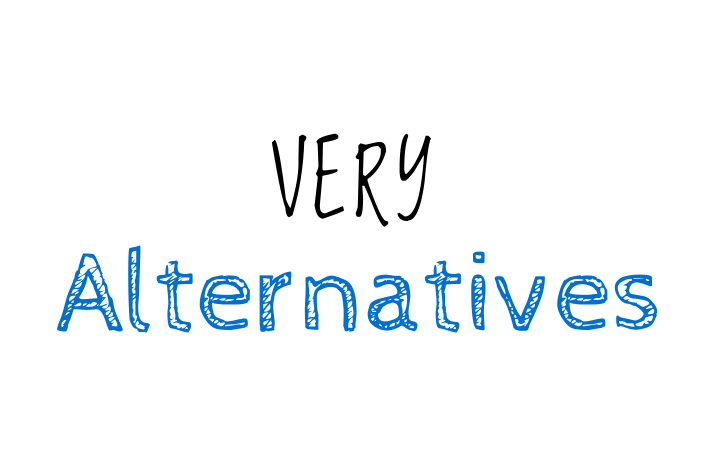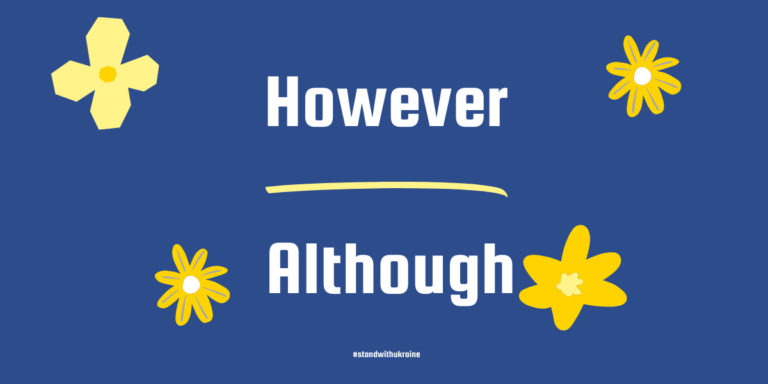How to Use a Prepositional Phrase
Prepositions have a lot of power in the English language! They can provide more details about the location of an object, the time an action takes place, the direction a subject is moving, where something is located, and more! For English language learners, it can be a challenge deciding which preposition to use, when to…

